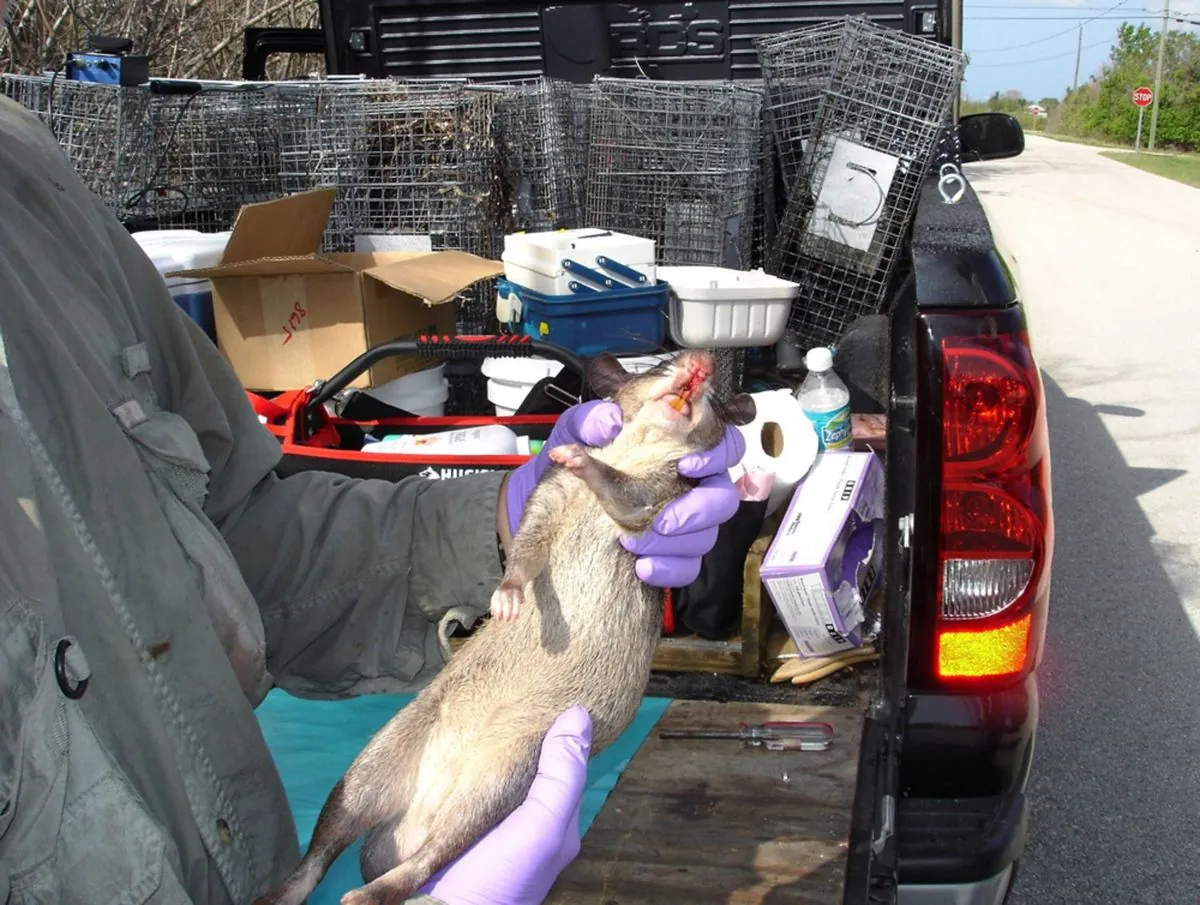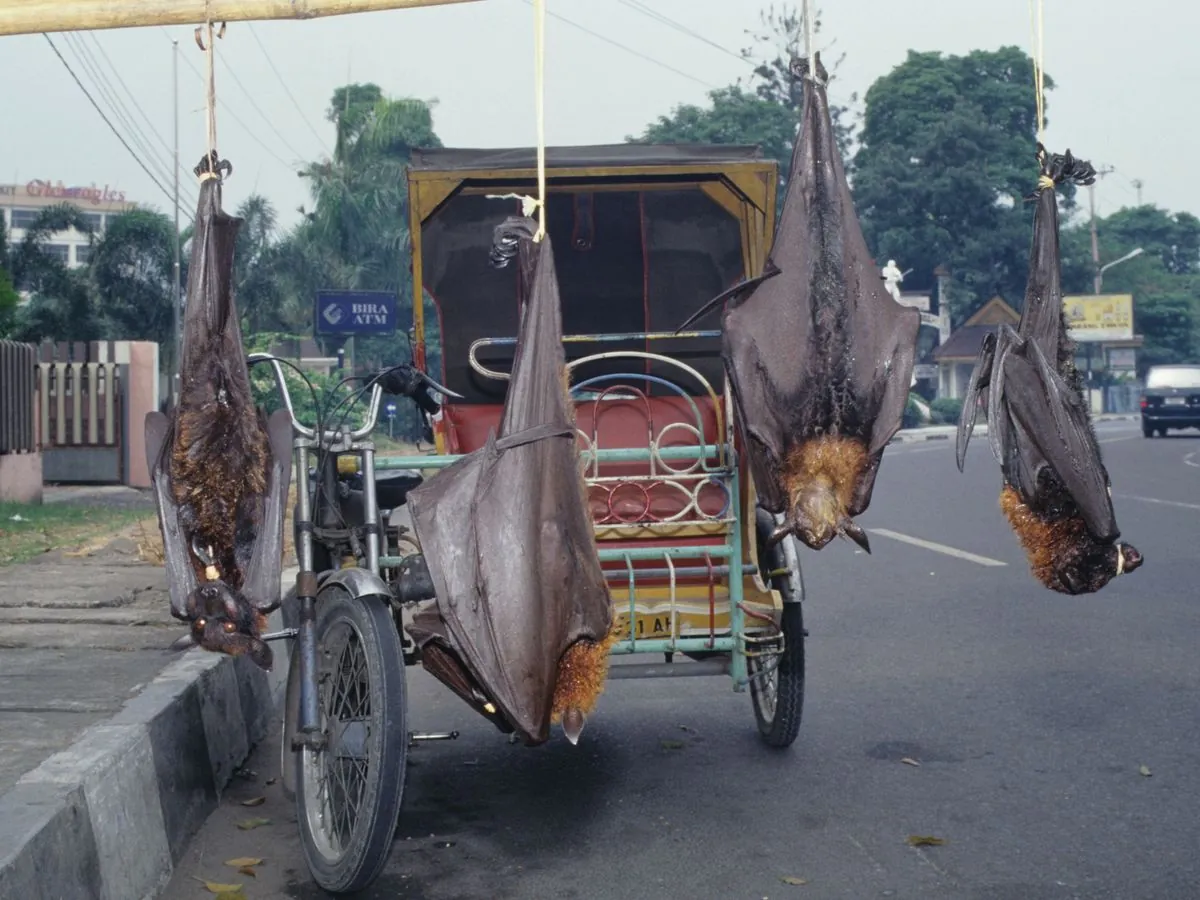Exotic Animal Smuggling Operation Thwarted at Turkish-Greek Border
Turkish officials uncover diverse array of smuggled exotic animals at Edirne border crossing. Driver detained as authorities rescue kangaroos, alpacas, and various other species from cramped vehicle.

In a recent incident at the Turkish-Greek border, customs officials in Edirne, a city in northwestern Turkey, intercepted a vehicle carrying a diverse array of smuggled exotic animals. The discovery highlights the ongoing challenges in combating illegal wildlife trafficking, a global issue that continues to threaten biodiversity and animal welfare.
The operation uncovered a mid-sized sedan with Greek license plates attempting to enter Turkey. Inside the vehicle, officials found an assortment of animals in distressing conditions. The trunk contained three kangaroos, three alpacas, and one Patagonian mara, while the interior housed 12 parrots and 23 flying squirrels. Many of the animals were reported to be juveniles, adding to the concern for their well-being.

The smuggling attempt showcases the variety of species targeted in the illegal wildlife trade. Kangaroos, native to Australia, and alpacas, domesticated camelids from South America, were found alongside the Patagonian mara, a large rodent indigenous to parts of Argentina. Flying squirrels, known for their gliding abilities rather than powered flight, were also among the smuggled animals.
Authorities detained the driver, identified as Yuksel D., for their involvement in this illegal operation. The interception of this smuggling attempt underscores the importance of border control in preventing wildlife trafficking, which is considered the fourth most lucrative global crime after drugs, humans, and arms.
"The mid-sized sedan with Greek license plates was carrying three kangaroos, three alpacas and one Patagonian mara in the trunk, and 12 parrots and 23 flying squirrels inside the vehicle. Many of the animals are juveniles."
Fortunately, all the animals survived the ordeal despite the cramped and stressful conditions they endured during transportation. They will now be transferred to the care of the Directorate of Nature Conservation and National Parks, a Turkish government agency responsible for wildlife protection and management.
This incident serves as a reminder of the ongoing challenges in enforcing international agreements such as the Convention on International Trade in Endangered Species (CITES), to which Turkey has been a party since 1996. It also highlights the need for continued vigilance and cooperation between countries to combat the multi-billion dollar exotic pet trade industry and protect vulnerable species from exploitation.
As Edirne, once the capital of the Ottoman Empire, continues to serve as a crucial border crossing between Greece and Turkey, this event emphasizes the importance of border security not only for human trafficking but also for the protection of wildlife. The 200-kilometer land border between the two countries remains a potential route for smugglers, requiring constant monitoring and enforcement efforts.


































